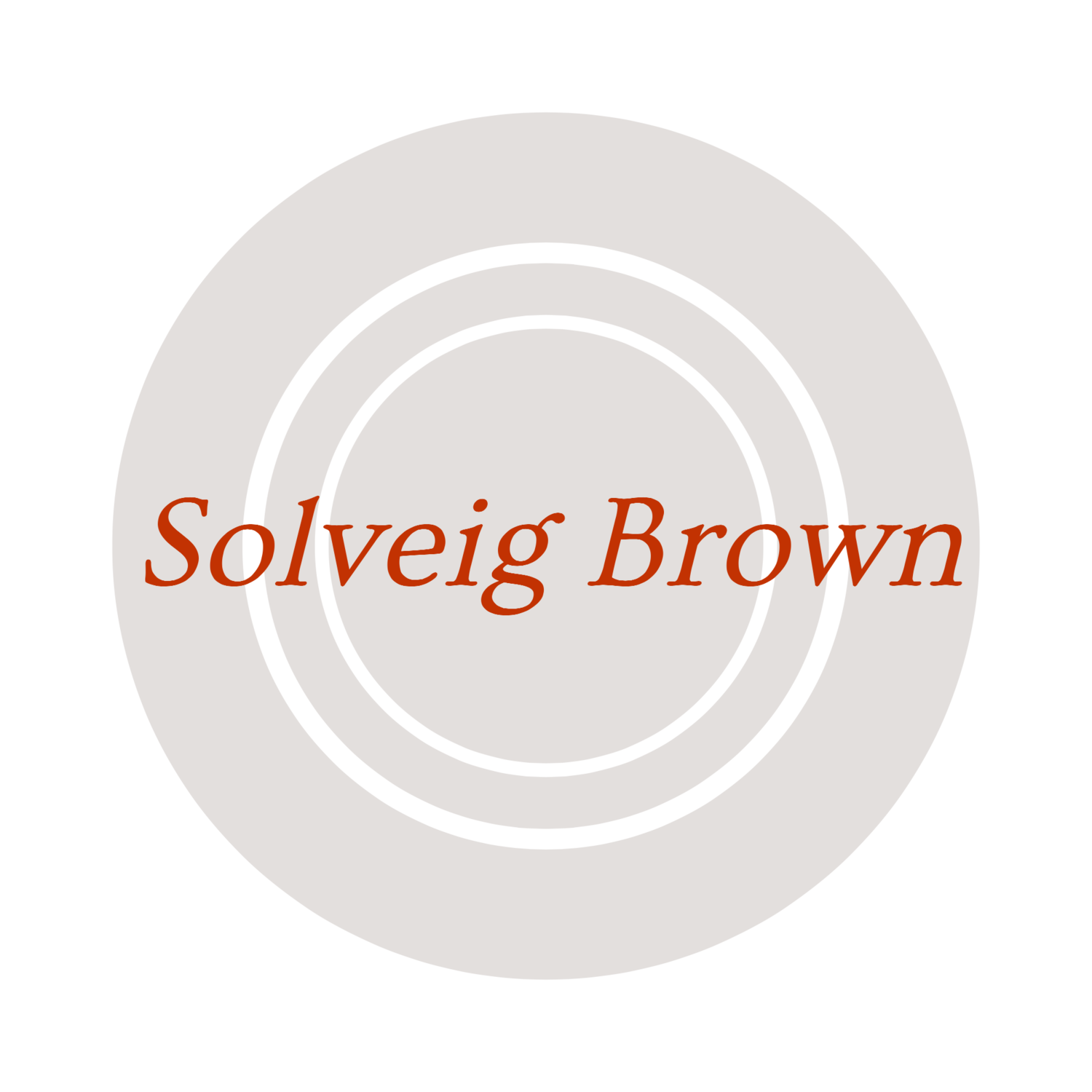What is Qualitative Research?
Anthropologists use Qualitative Research Methods such as interviews, focus groups, ethnography, direct observation, and participant-observation to understand people and cultures. They listen to what people say, notice the things that go “unsaid,” and observe people’s interactions. They analyze their narrative and observational data to figure out what is meaningful to people, and to reveal underlying patterns and motivations in people’s thoughts, feelings, assumptions, and behavior. Qualitative data describes data that can be observed, but not directly measured. It is especially useful for understanding human behavior because it can reveal people’s underlying reasons, opinions, and motivations.
How does qualitative data compliment quantitative data?
Quantitative data deals with numbers and data that can be measured. For example, Big Data can tell you that there is a problem:
o Poor Survey Results
o Ineffective strategies to implement change
o Customers are not satisfied
o Missed Sales and Performance Markers
o Employees are not Engaged
However, it cannot tell you WHY a problem exists.
Qualitative Data is a good compliment to quantitative data because it takes the “guess-work” out of assessing the root causes for people’s thoughts, feelings, assumptions, and behavior. Understanding the root cause of a problem makes it easier to design and implement successful products, services, and solutions.
What research methods do qualitative researchers use?
Qualitative researchers use rigorous methods for research and analysis.
Some of the methods qualitative researchers use include:
• Interviews • Ethnography
• Group Interviews • Participant Observation
• Focus Groups • Social Media Analysis
• Observation • Questionnaires & Surveys
What others are saying about the insights anthropologists provide organizations:
